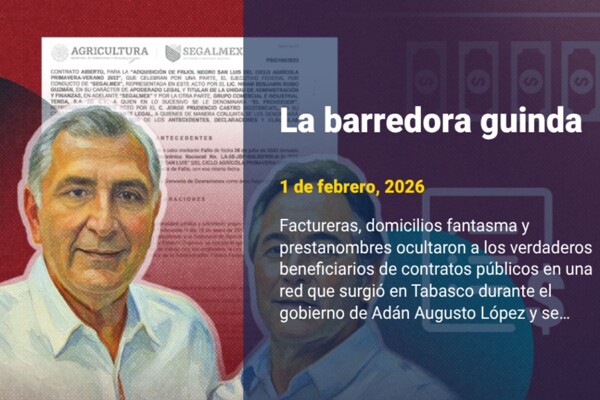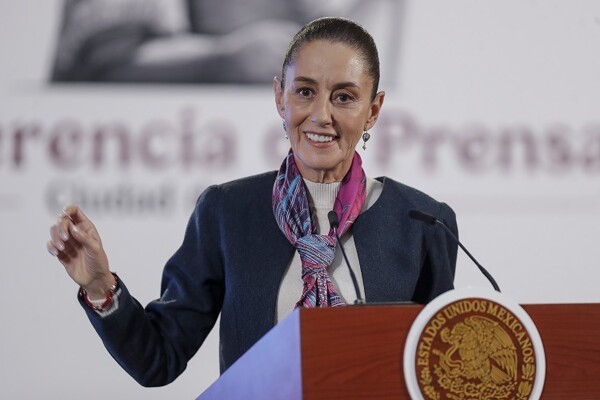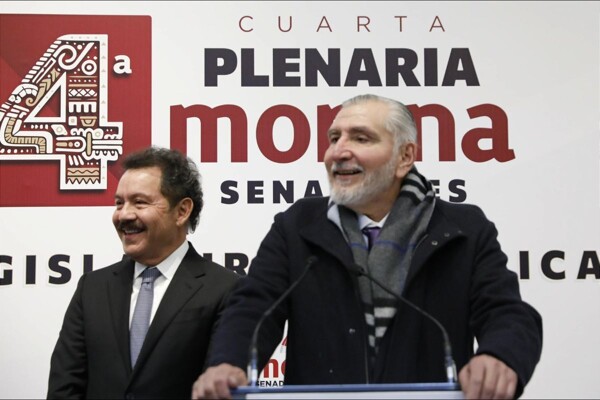
33 days before the election of judges, magistrates, and ministers, the process has plunged the 4T into a serious problem. The leak of candidates linked to criminals and individuals of bad reputation has revealed the flaws in the selection filters. Gerardo Fernández Noroña, president of the Senate's Board of Directors, acknowledged such errors, pointing to the inclusion of profiles linked to drug trafficking or to defenders of Naasón Joaquín García, leader of the Luz del Mundo.
This scenario reveals a process tainted by the influence of business, religious, partisan, union, and organized crime groups. With financial backing and mobilization, these candidates could be elected in the circuits and courts where they were promoted. This raises the possibility of a judicial system predominantly composed of judges who will obey instructions instead of applying justice in strict adherence to the constitutional order.
In the states and municipalities governed by the ruling party, they are preparing to increase voter participation on election day through practices of voter transportation. Despite the prohibition of political party intervention, the government is mobilizing public resources to ensure a high influx of voters. Without this intervention, the election would likely have high levels of abstention.
Despite the probable forced mobilization of voters by the government, the judicial election is expected to have a high abstention rate, even though it is considered a success. The concentration of votes for the tallying and selection of ministers, magistrates, and judges will be carried out by officials of the INE. The lack of resources is limiting the ability of some government agencies to meet the assigned quotas, which could result in a low number of voters.
The previous economic recession and stagnation will affect tax collection and the government’s financial capacity. The reform of the Judiciary has generated distrust among investors and increased fiscal pressure on public finances. This situation, combined with the judicial election, threatens to introduce judges without the necessary experience, compromising the impartiality of the judicial system.
The judicial election, amidst international pressure and the political environment, could strengthen an authoritarian regime aligned with other dictatorships in the region. The uncertainty about the daily functioning of the new Judiciary and the possible conflict with the current Justice poses additional challenges to the governance of the country.














